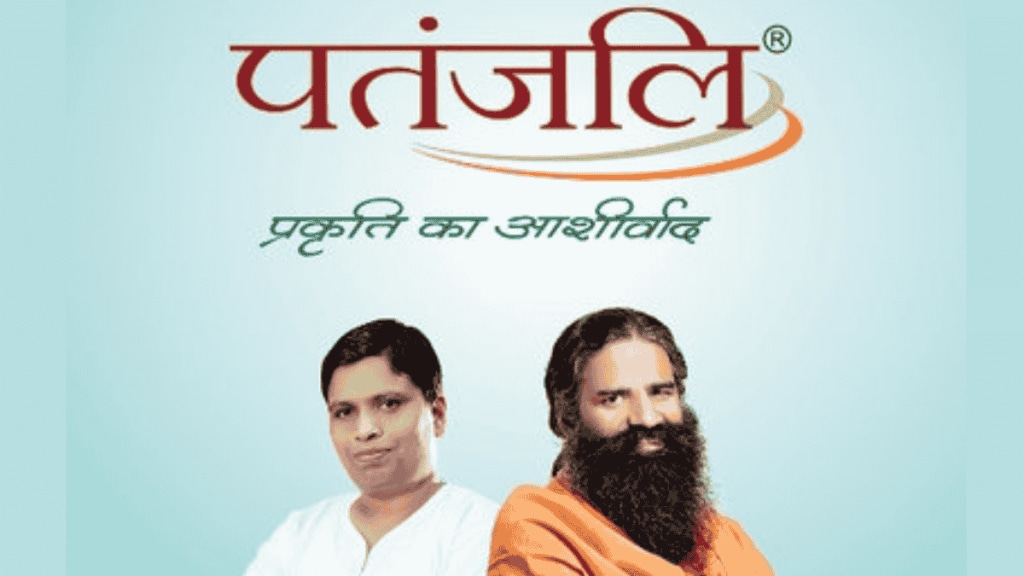The Allahabad High Court on May 29 dismissed Patanjali Ayurved’s petition challenging a Rs 273.5 crore penalty under the Goods and Services Tax (GST) law.
A Bench of Justices Shekhar B Saraf and Vipin Chandra Dixit ruled that GST penalties under Section 122 of the CGST Act are civil in nature and can be imposed by tax authorities without a criminal trial.
Patanjali under scanner for paper-only transactions
Authorities began investigating Patanjali, which operates manufacturing units in Haridwar, Sonipat and Ahmednagar, after reports of suspicious transactions involving firms claiming high Input Tax Credit (ITC) without income tax records.
According to the Directorate General of GST Intelligence (DGGI), Patanjali allegedly engaged in circular trading—issuing fake tax invoices without any actual supply of goods.
Following the investigation, the DGGI issued a show-cause notice on April 19, 2024, proposing a penalty of Rs 273.51 crore under Section 122(1), clauses (ii) and (vii) of the CGST Act.
GSR Penalty for Patanjali: Do not require criminal proceedings, says Court
According to Bar and Bench, Patanjali had argued that such penalties are criminal in nature and can only be imposed after a criminal trial. However, the Court disagreed.
The Allahabad High Court referred to past Supreme Court rulings to highlight that penalties for tax violations are civil obligations and not punishments for criminal offences.
“After detailed analysis, it is clear that the proceeding under Section 122 of the CGST Act is to be adjudicated by the adjudicating officer and is not required to undergo prosecution,” the Court stated.
“A penalty imposed for a tax delinquency is a civil obligation, remedial and coercive in its nature, and is far different from the penalty for a crime,” the judgment added, reports Bar and Bench.
Patanjali: Tax demand dropped but penalty proceedings continued
In a major development, the department dropped its tax demand under Section 74 through an adjudication order dated January 10, 2025. It found that for all products, Patanjali had sold more than it had purchased, meaning ITC had been passed on.
Despite this, authorities decided to continue with penalty proceedings under Section 122, which led Patanjali to approach the High Court again.
Court saying Sections 74 and 122 are separate
Patanjali argued that because the tax demand under Section 74 was dropped, the penalty under Section 122 should not continue. But the Court held that both sections cover separate violations.
“The contravention under Section 73/74 need not necessarily be a contravention covered under Section 122 of the CGST Act,” the Bench said.
‘Proper officer’ can impose penalty
Patanjali also claimed that since Section 122 does not mention the term “proper officer”, only a criminal court could impose penalties. The Court rejected this, stating that Explanation 1(ii) to Section 74 makes it clear that the proper officer under Sections 73 and 74 can also act under Section 122.
It also cited Rule 142(1)(a) of the CGST Rules, which says a proper officer must issue a notice and a summary in Form GST DRC-01 while initiating action under various penalty sections, including 122.
“The above clearly indicates the intention of the legislature that the proper officer is required to issue show cause and thereafter adjudicate and pass order under Section 122,” the Court said, reports Bar and Bench.
Penalty aims to deter tax evasion
According to Bar and Bench, the Court stated that Section 122 is meant to deter tax evasion and illegal activities like issuing fake invoices, not paying collected tax, or claiming wrongful ITC.
It concluded that the provision does not violate the Constitution, saying, “Deterrence is the main theme or object behind the imposition of penalty.”

